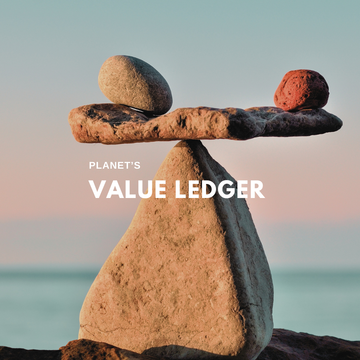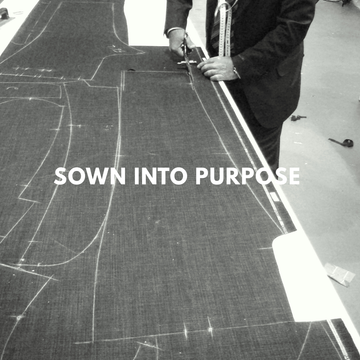Post by Omoshalewa serifat Oke
Why Sustainability Matters More Than Ever
When we talk about sustainability, it often feels abstract a lofty ideal discussed at conferences and printed on labels. But in truth, sustainability is a tangible ledger of give and take between humanity and the planet. Every choice adds up. Every action leaves a trace. The Earth’s value ledger is real and it’s time we paid attention.
Nature as Our Greatest Asset
Earth’s ecosystems aren’t just background scenery; they are our life support system. Forests, oceans, wetlands, and soils provide billions in unseen services every day:
-
Air purification: Trees and plants absorb carbon dioxide, release oxygen, and filter harmful pollutants.
-
Water cycles: Wetlands and healthy soils clean and store water, preventing scarcity and flooding.
-
Pollination services: Bees and insects ensure our crops survive, supporting global food supplies.
Yet deforestation, chemical pollution, and overconsumption erode these assets. Without sustainability, we are bankrupting nature’s bank account, leaving nothing for future generations.
The Cost of Unsustainable Choices
Fast fashion, fossil fuels, plastic dependency, these aren’t just “bad habits”; they’re entries on the wrong side of the ledger:
-
Climate debt: Every ton of CO₂ we emit adds to rising global temperatures and unpredictable weather.
-
Water scarcity: Overproduction and chemical-intensive industries drain rivers and pollute clean water sources.
-
Biodiversity loss: Species extinction destabilizes ecosystems, threatening food chains and natural balance.
Unchecked, this “debt” accumulates interest: higher disaster recovery costs, shrinking resources, and global instability. Sustainability flips this equation, turning losses into long-term investments for people and the planet.
The Dividends of Sustainability
Sustainability pays real world returns:
-
Cleaner air and water mean healthier lives, fewer diseases, and lower healthcare costs.
-
Regenerative farming restores soils, grows more nutritious food, and captures carbon naturally.
-
Circular economies keep materials in use longer, slashing waste and creating jobs in repair and recycling industries.
Every sustainable action from buying organic fabrics to adopting renewable energy is a deposit into Earth’s account, building interest for generations to come.
The Human Factor: Mindset is the Currency
Sustainability is not only about technology or policies. It’s about how humans assign value:
-
Do we value short-term profit over long-term survival?
-
Do we measure success only by GDP, ignoring clean water or biodiversity levels?
-
Are we willing to rethink luxury, convenience, and fashion to protect what truly sustains life?
By shifting mindset, we change the entire planetary ledger, where every choice becomes an investment instead of an extraction.
The Future Ledger: A Shared Responsibility
Sustainability is the only strategy where everyone wins governments, businesses, communities, and ecosystems. When we protect the planet:
-
Companies gain resilience and consumer trust.
-
Nations reduce climate disaster costs and resource wars.
-
Families secure healthier living conditions.
The future is not written yet, but every decision today adds an entry to Earth’s value ledger. The question is: are we depositing or depleting?
Conclusion
Sustainability matters because the planet keeps our accounts, whether we acknowledge them or not. We cannot endlessly withdraw clean air, fresh water, fertile soil, and stable climates without paying the ultimate price.
By practicing sustainability, we protect the planet’s assets, reduce ecological debt, and secure long-term prosperity for humanity. Every sustainable action from green fashion to renewable energy is a profitable deposit in Earth’s future.







Cute